Prosecutor Felix Banila says he has confidence in President Klaus Iohannis' ability to make a decision in full knowledge of the facts with regard to his appointment as head of the Directorate for Investigating Organized Crime and Terrorism (DIICOT), informs Agerpres.
Felix Banila's statement comes in response to the letter sent by representatives of DIICOT to President Klaus Iohannis, in which they request the latter to reject the former's appointment as chief prosecutor of the Directorate.
"I cannot comment anything in relation to this demarche and I cannot speculate anything because (...) firstly, it is not ethical and secondly because of the procedure. I am waiting for Mr. President [Klaus Iohannis, ed.n.]'s decision and I have confidence in his capacity to discern and make a fully informed decision. You well now - it is his constitutional right, he can either appoint me or not, and all this matter is up to him. The law clearly regulates the stages of this procedure, as well as the role and attributions of each of the actors involved in this procedure, namely the Justice Minister, the Supreme Council of Magistrates and Romania's President," Felix Banila told AGERPRES.
Prosecutors reunited in the General Assembly of the Directorate for Investigating Organized Crime and Terrorism (DIICOT) decided on Monday to send a letter to President Klaus Iohannis requesting the rejection of Felix Banila's appointment as chief prosecutor of DIICOT.
DIICOT prosecutors say that the positive opinion given by the Prosecutor's Section of the CSM, with a majority of 4 to 3, including the vote of Minister of Justice Tudorel Toader turned the "serious shortcomings" proven by Felix Banila in the interview into real "qualities".
The sources also say that the document sent to the president also mentions that during the hearing at the CSM, Felix Banila showed an "inexcusable and superficial knowledge" regarding the activity of DIICOT.
DIICOT prosecutors also argued that Felix Banila does not speak a foreign language, did not answer in the interview about the legal provisions regarding the quality of the police officers seconded at DIICOT, nor about the questions regarding the national strategy to fight organized crime and the national strategy on combating trafficking in human beings and migrants.
One of the conclusions of the DIICOT prosecutors was that Felix Banila's "aspirations are far beyond his knowledge of DIICOT."

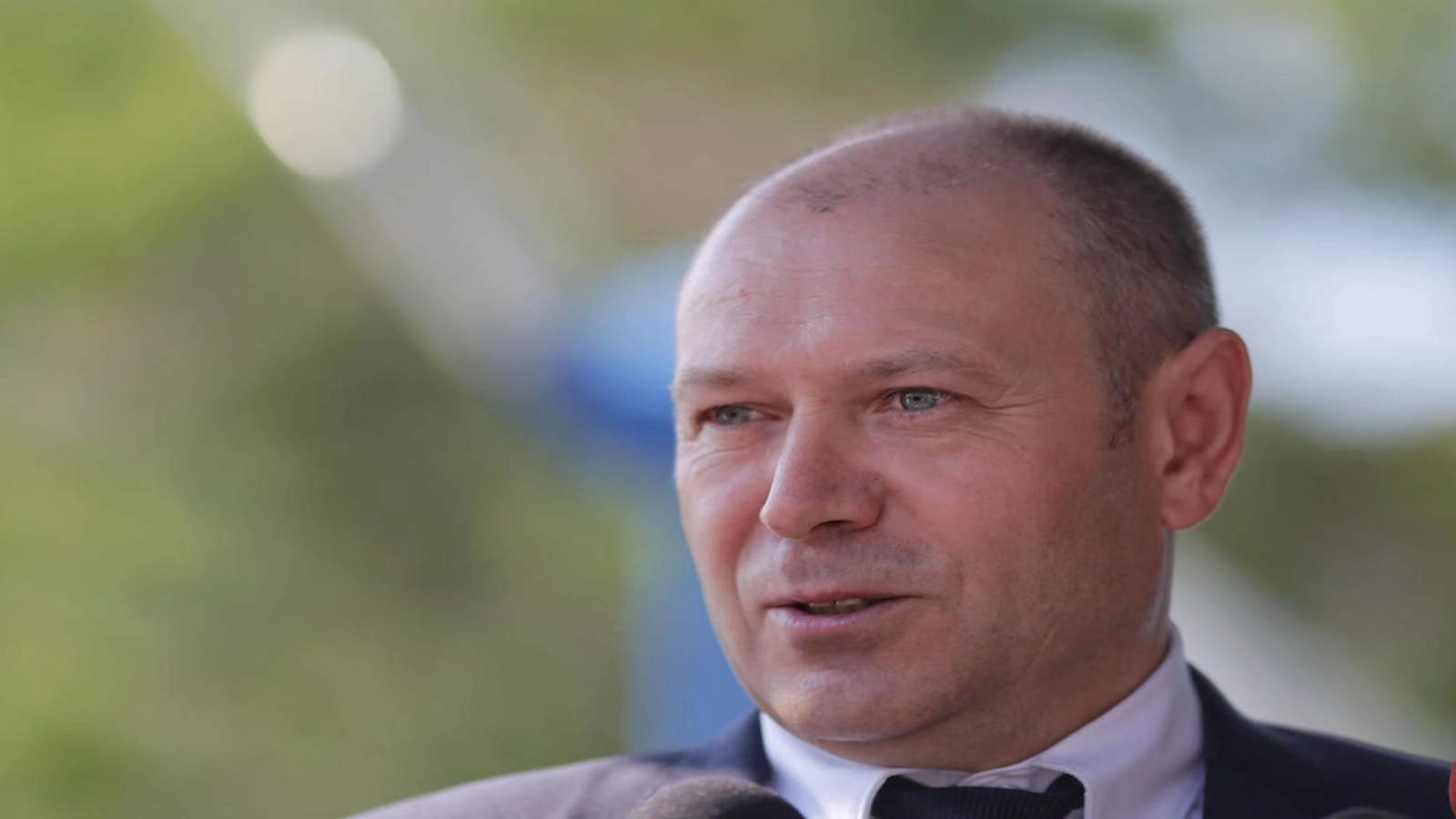
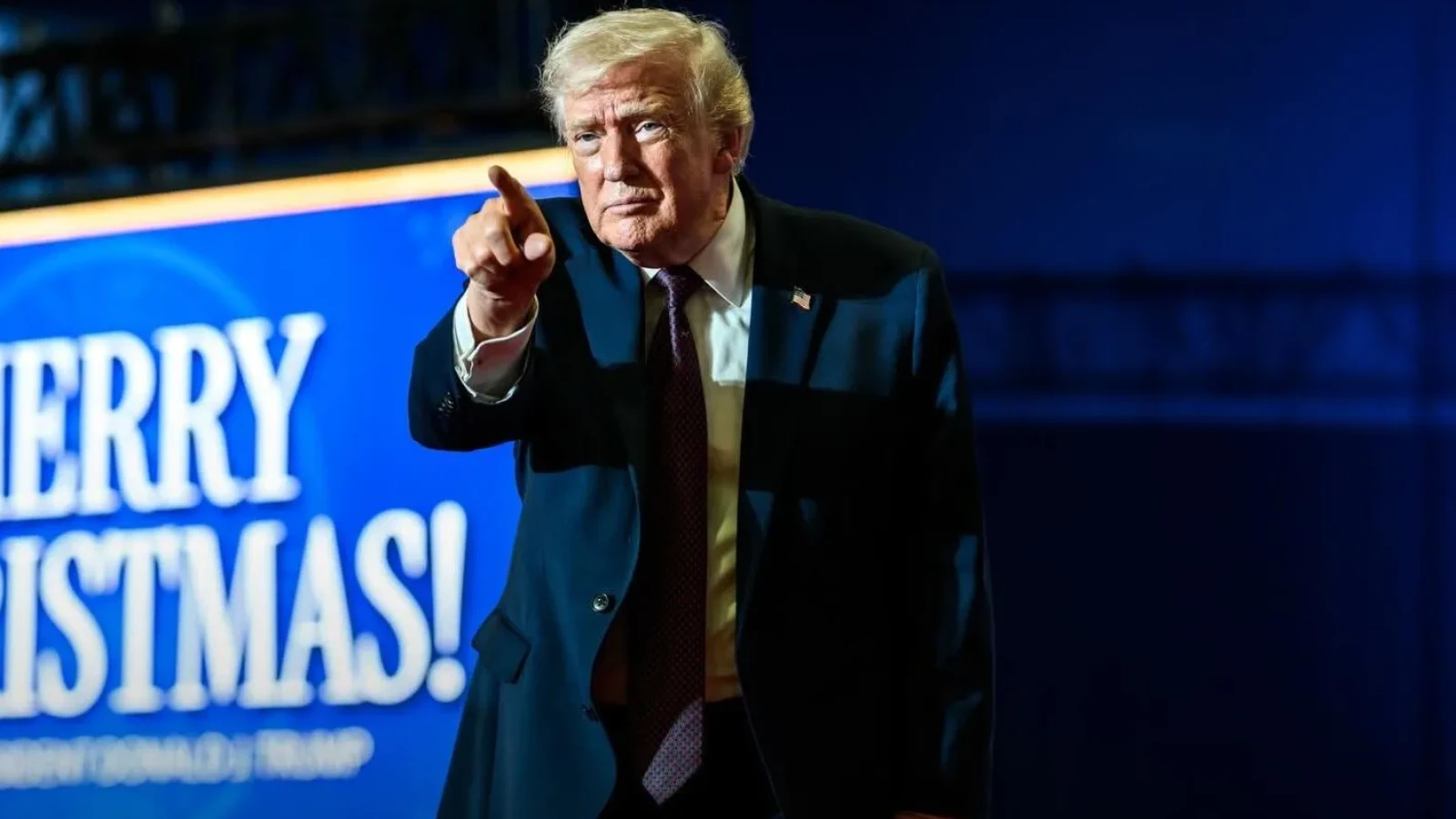
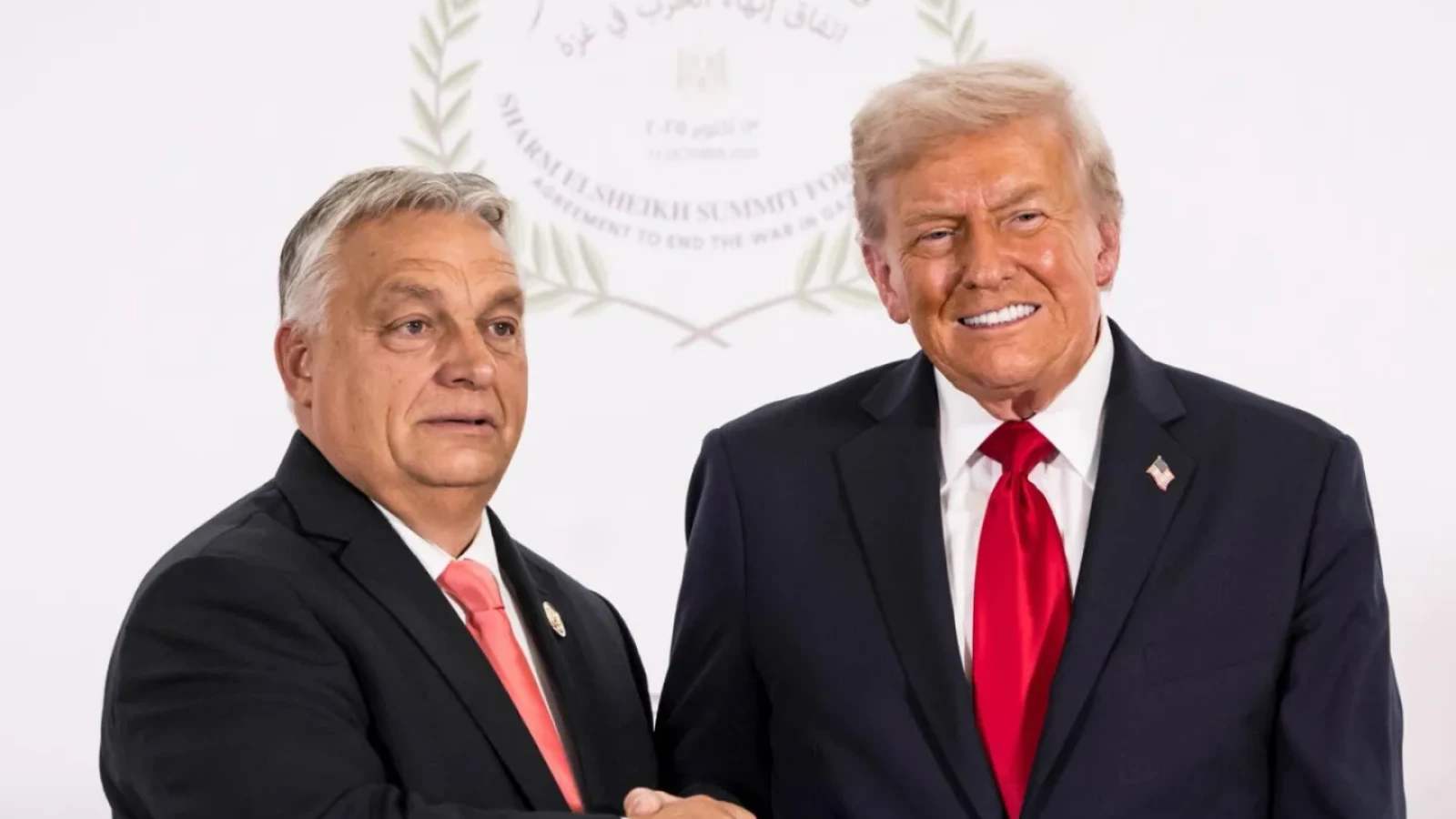


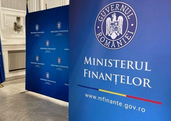
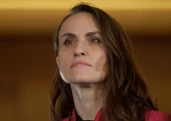
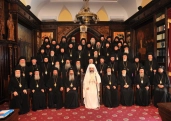
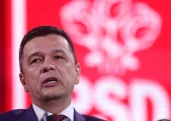






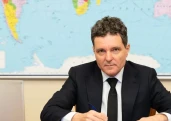



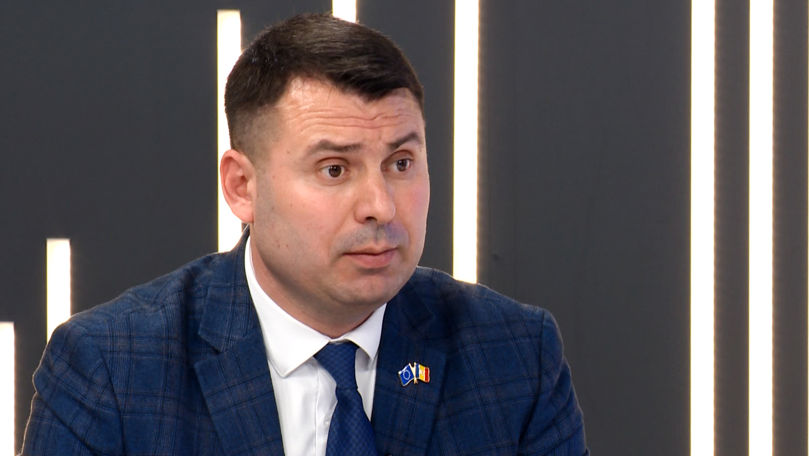
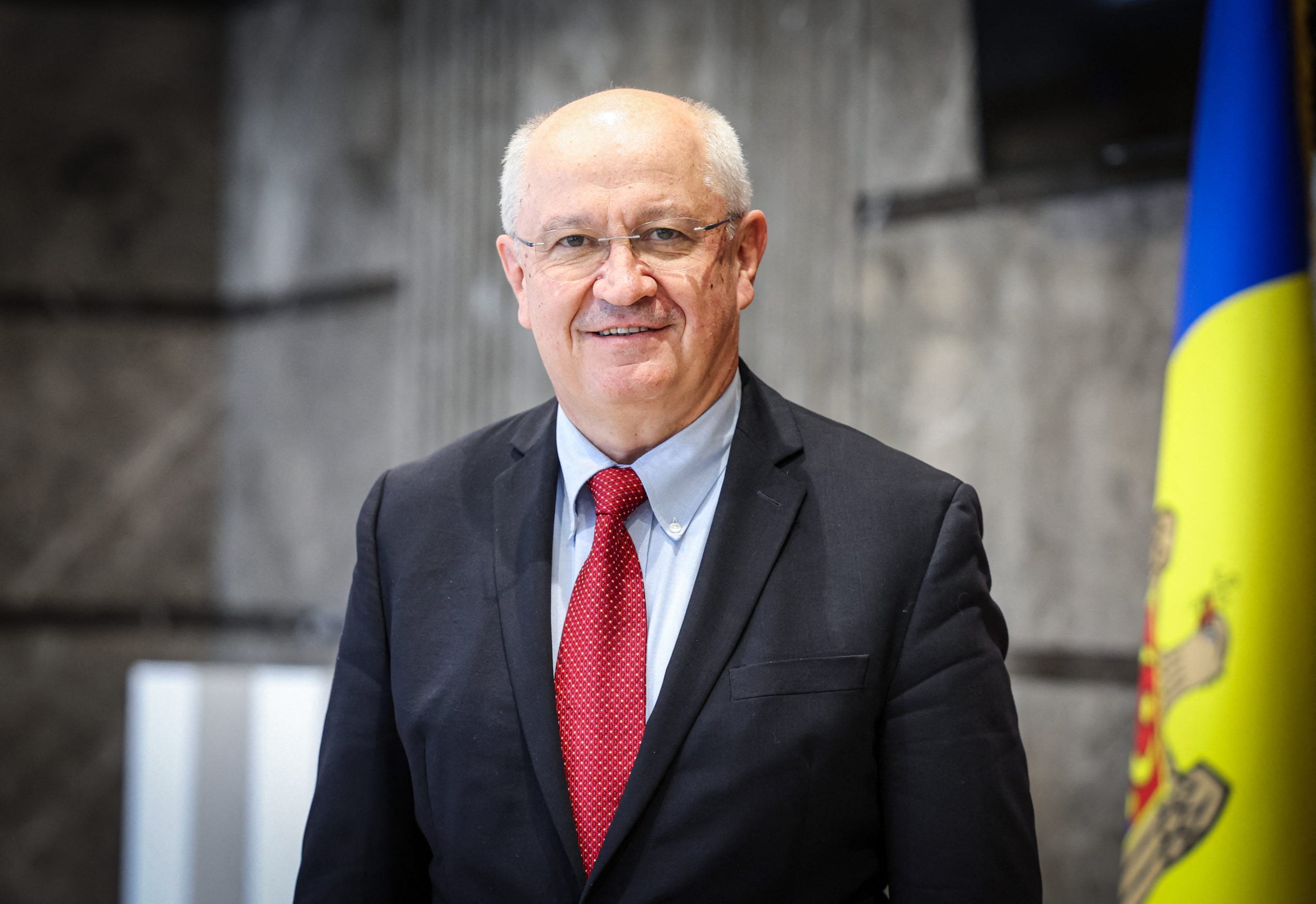
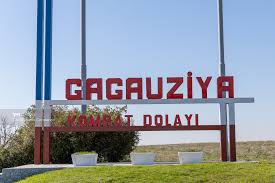
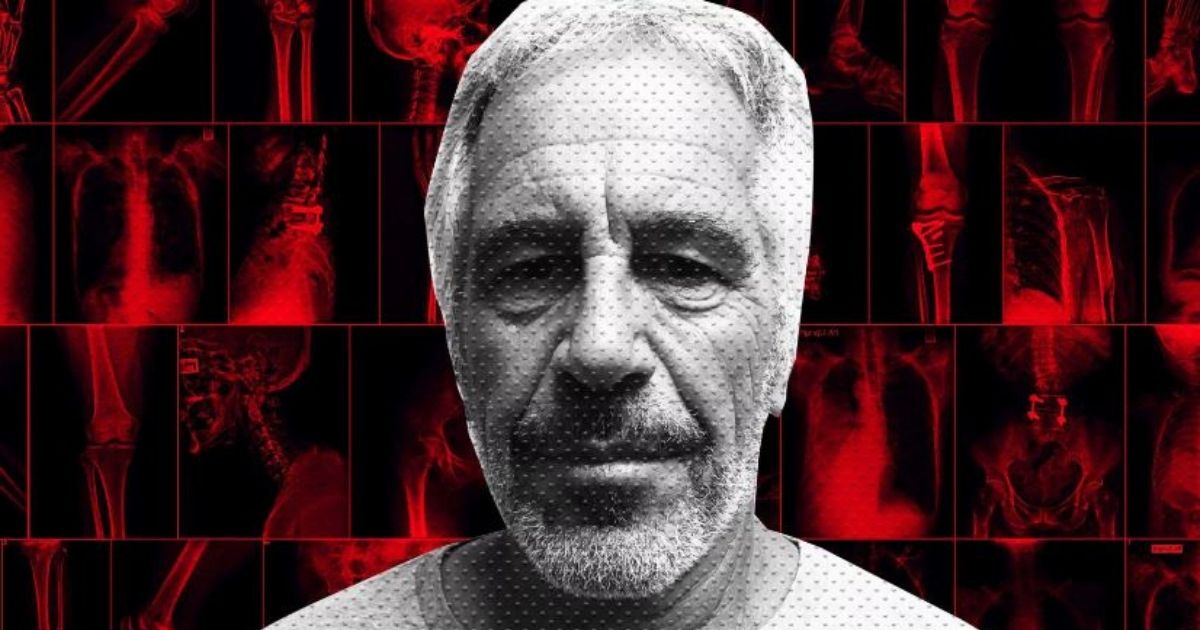




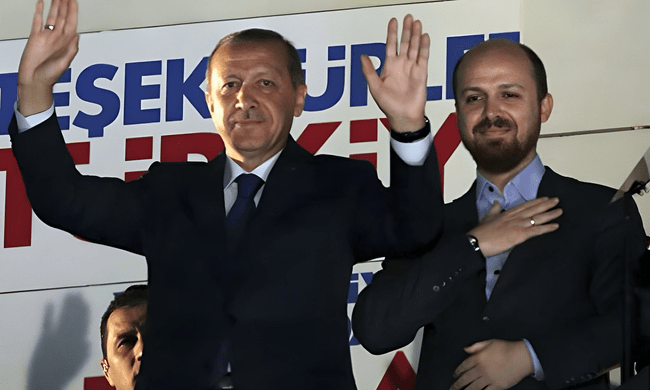



Comentează